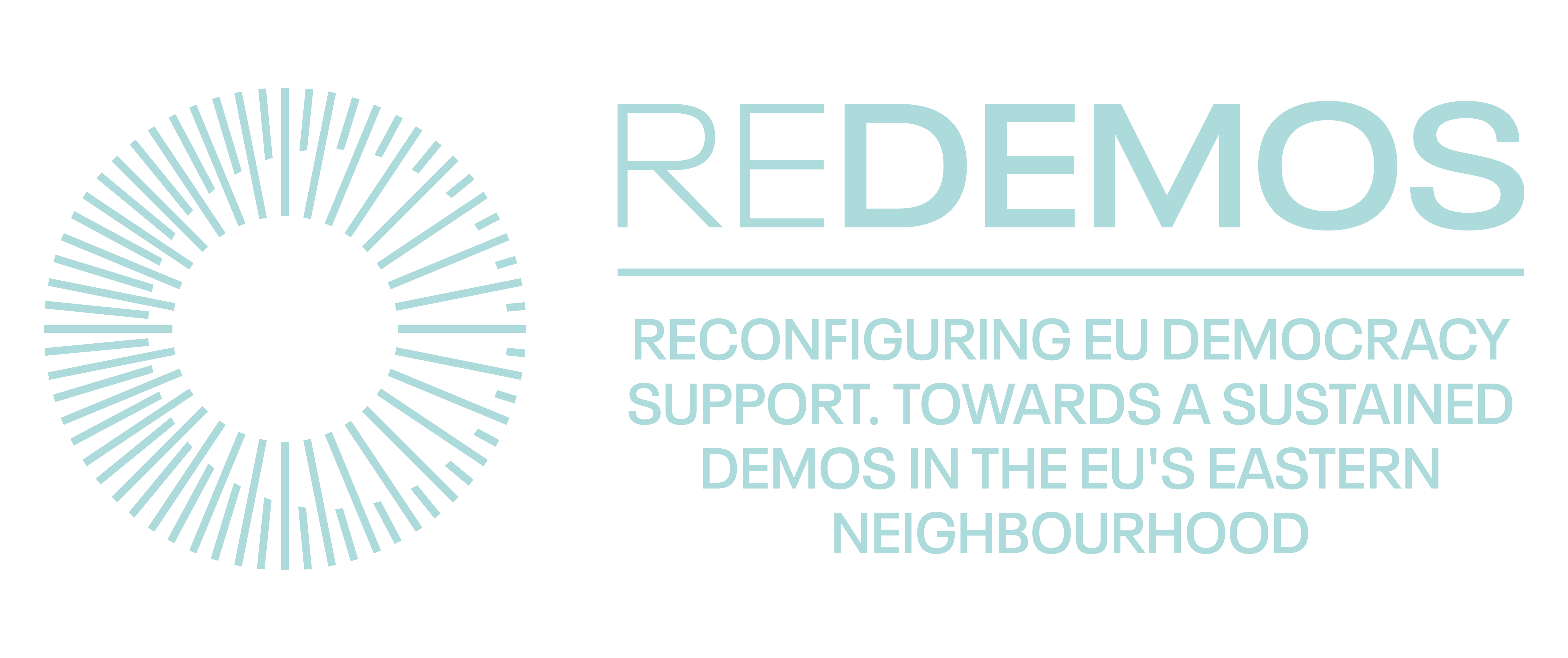In the article ‘The External Incentives Model Embedded: Evidence From the European Union’s Eastern Neighbourhood’, published recently in the Journal of Common Market Studies, Dr. Sergiu Buscaneanu (Technische Universität Dresden), a member of the REDEMOS Project team, and Dr. Andrew X. Li (Central European University), focus on the theoretical and empirical relevance of the External Incentives Model (EIM), which proved highly compelling in explaining Europeanization and rule adoption in countries from Central, Eastern and Southeast Europe.
Building on the ontology of the EIM, this article embarks on a journey with three distinct objectives:
- To re-evaluate the EIM for the Eastern European Neighbourhood Policy (ENP) region (Armenia, Azerbaijan, Georgia, Moldova, and Ukraine);
- To introduce a conceptual distinction between domestic transformation and regulatory costs;
- To integrate and evaluate the EIM in a broader framework, by ‘incorporating domestic and alternative international conditions’.
In this article, authors combine theory-guided case comparisons with panel data analysis, leveraging a rich dataset with evidence from the Eastern ENP countries. Their findings corroborate the relevance of the EIM, revealing that higher domestic transformation costs tend to impede democratic development. On the contrary, a positive cost–benefit balance of transformation tends to encourage democratic consolidation in the Eastern ENP region.
Source: Buscaneanu, Sergiu & Li, Andrew. (2023). The External Incentives Model Embedded: Evidence From the European Union’s Eastern Neighbourhood. JCMS: Journal of Common Market Studies. 10.1111/jcms.13532. https://doi.org/10.1111/jcms.13532


